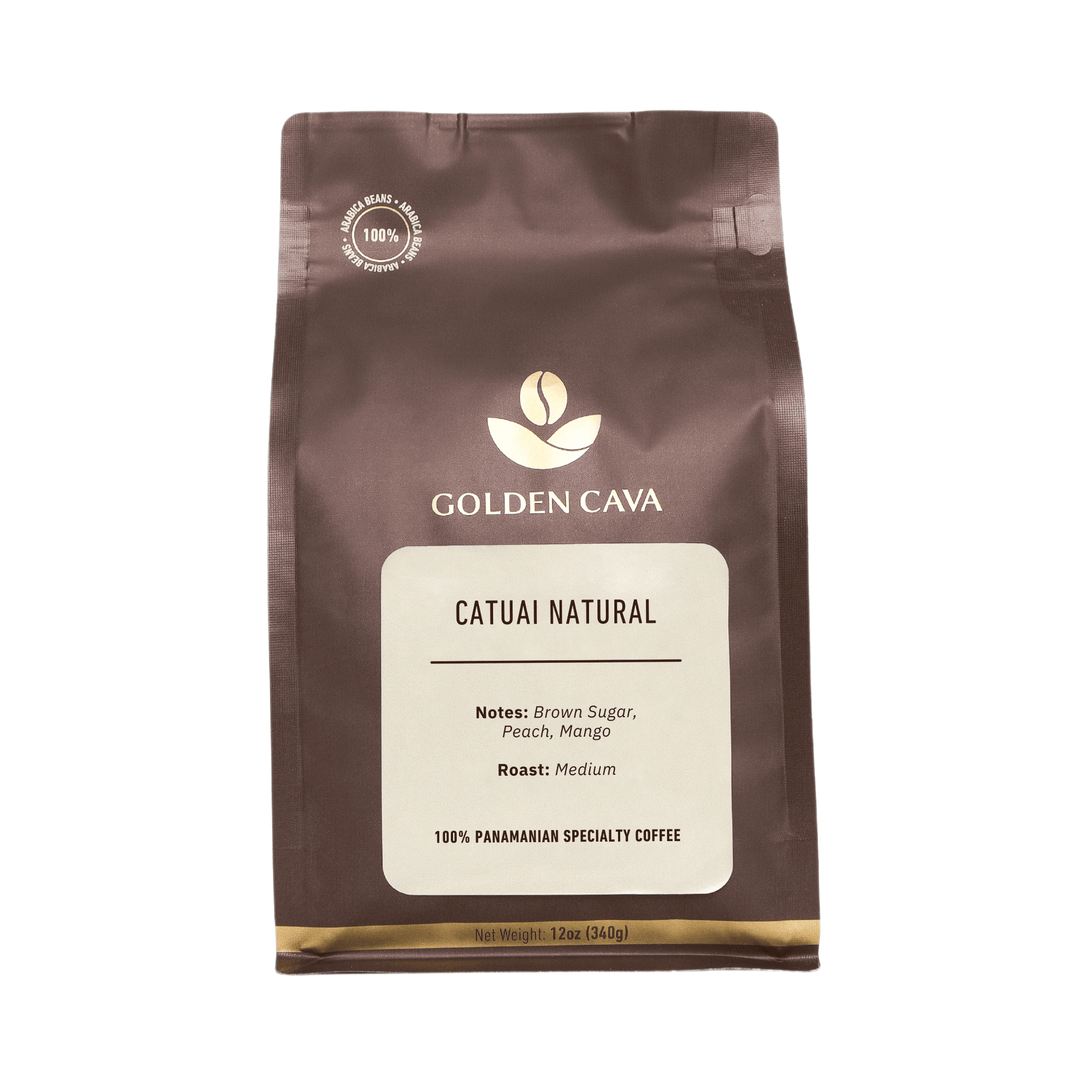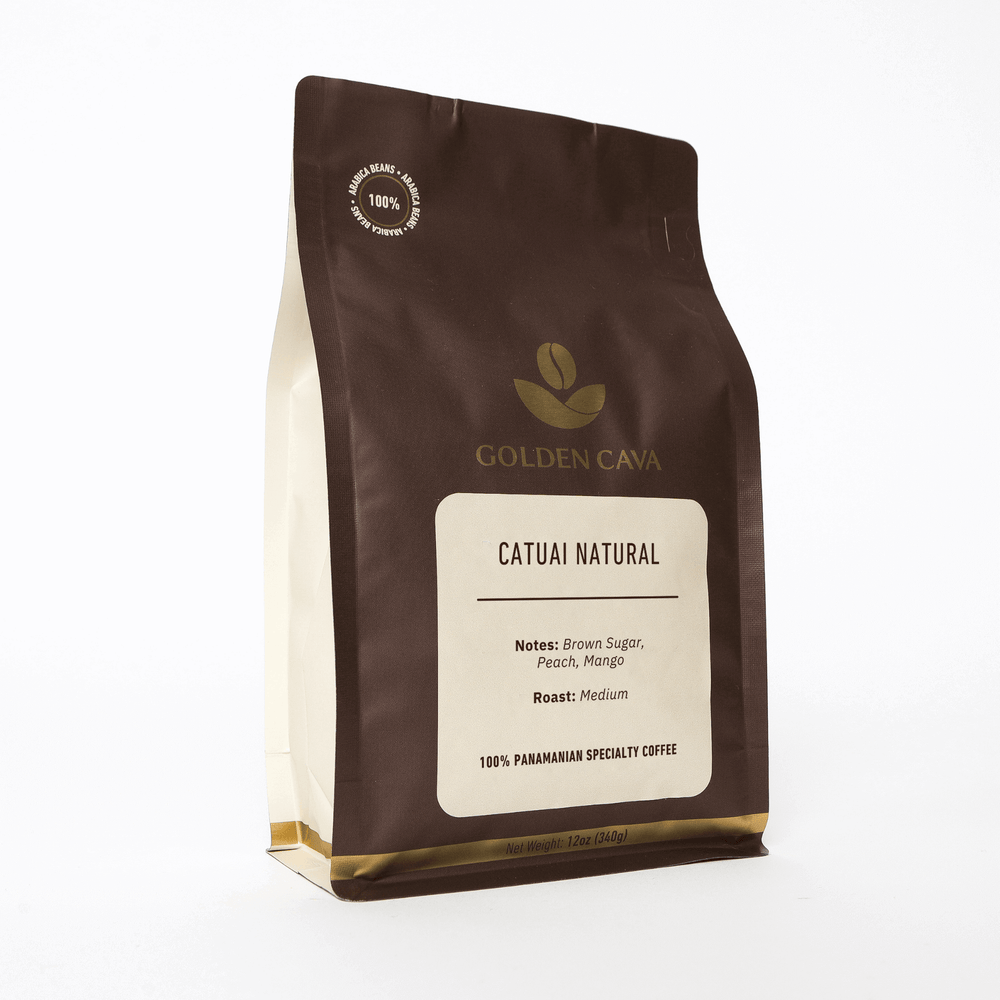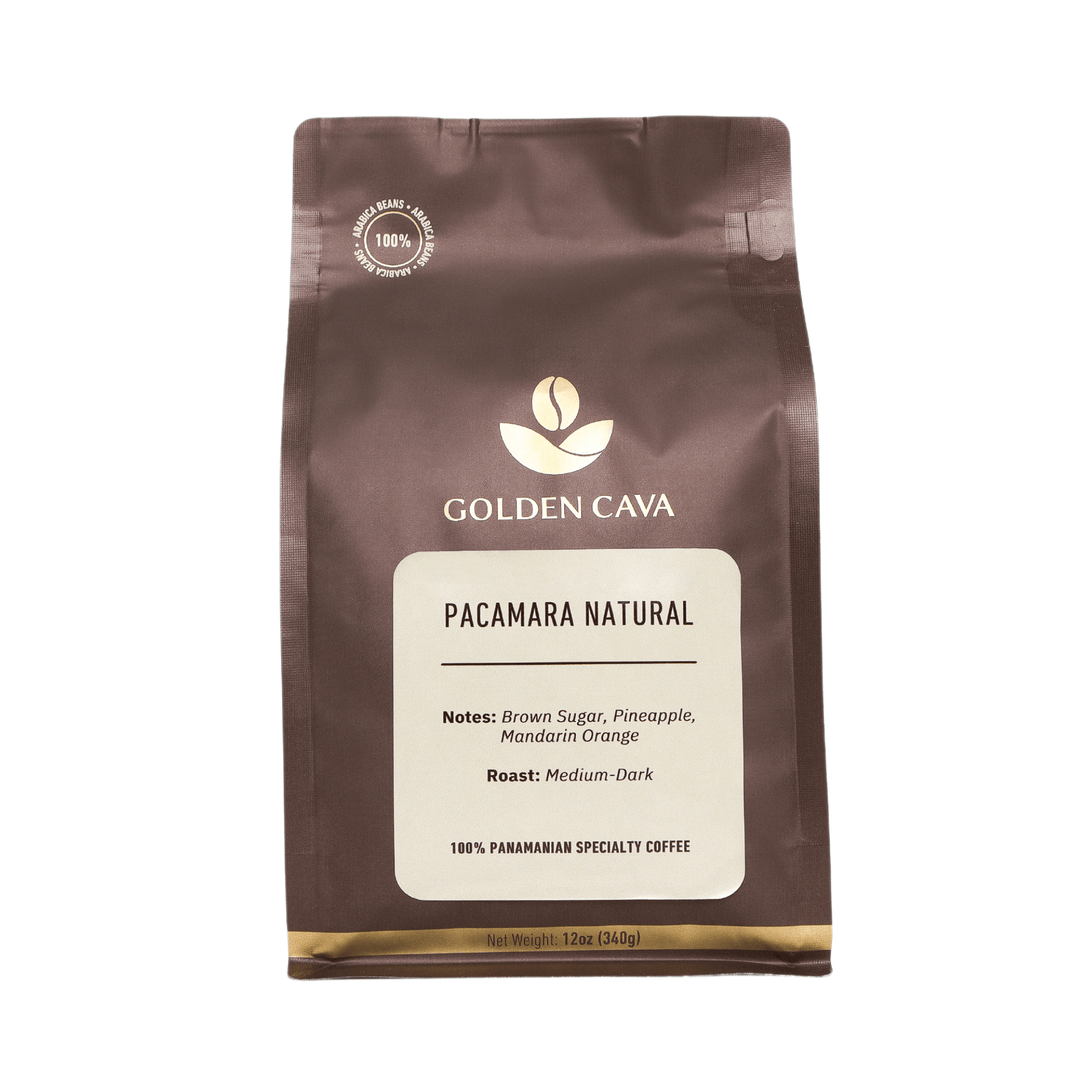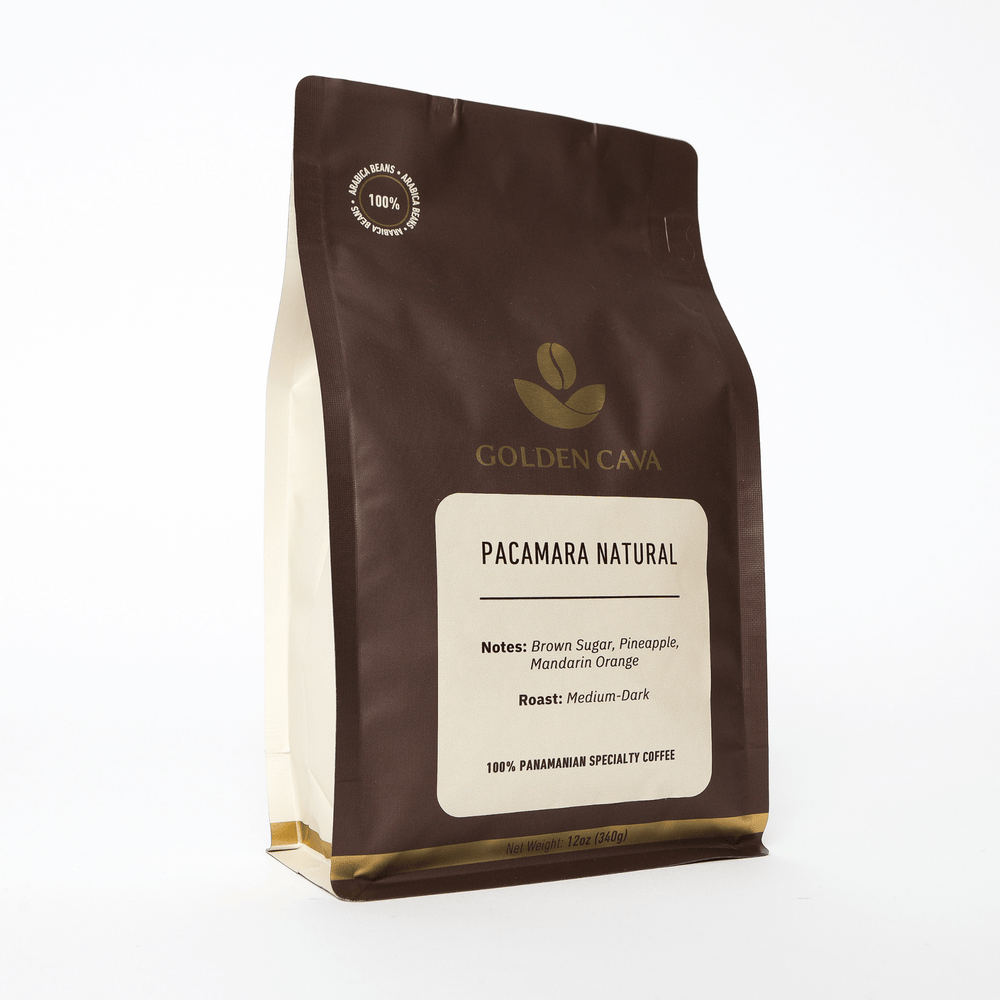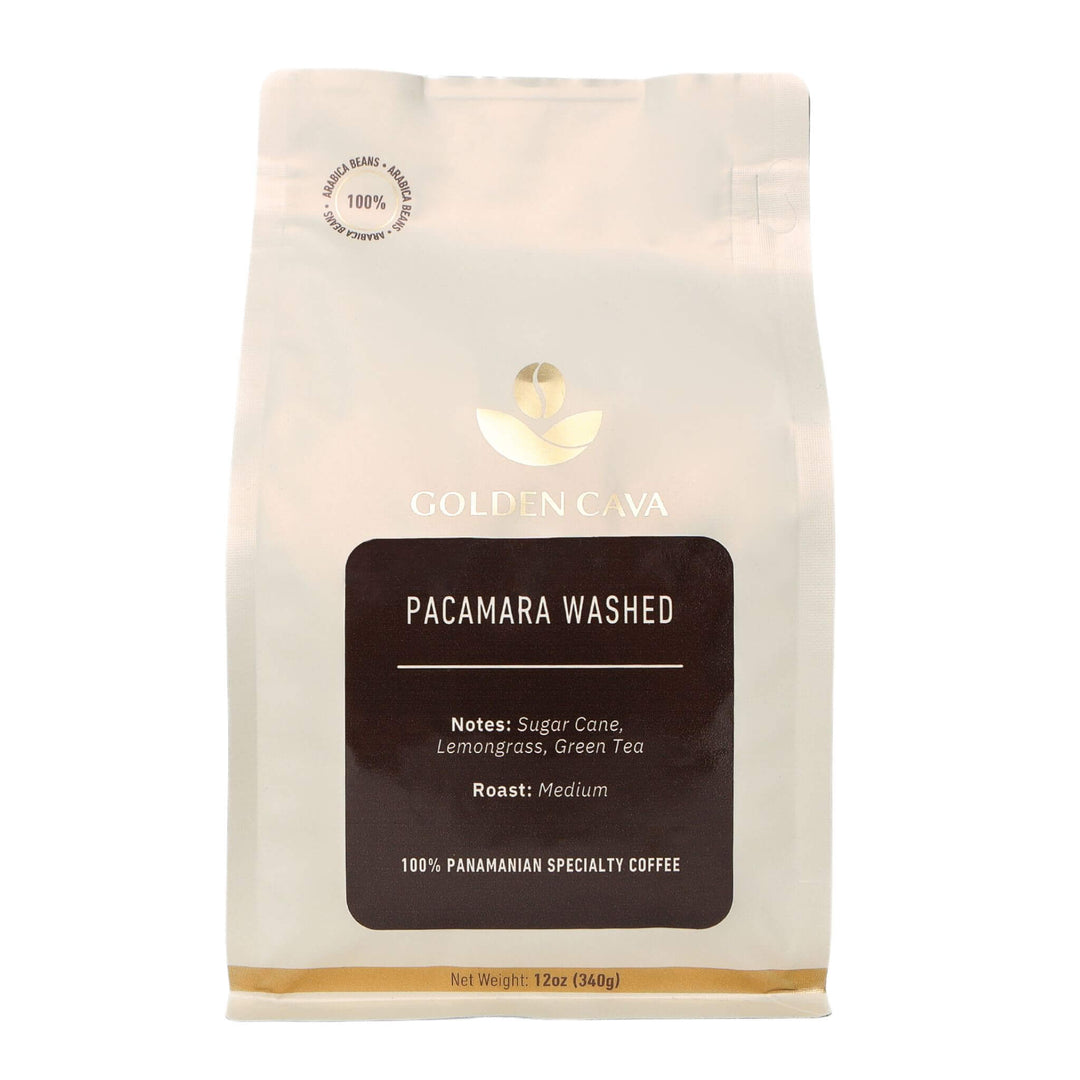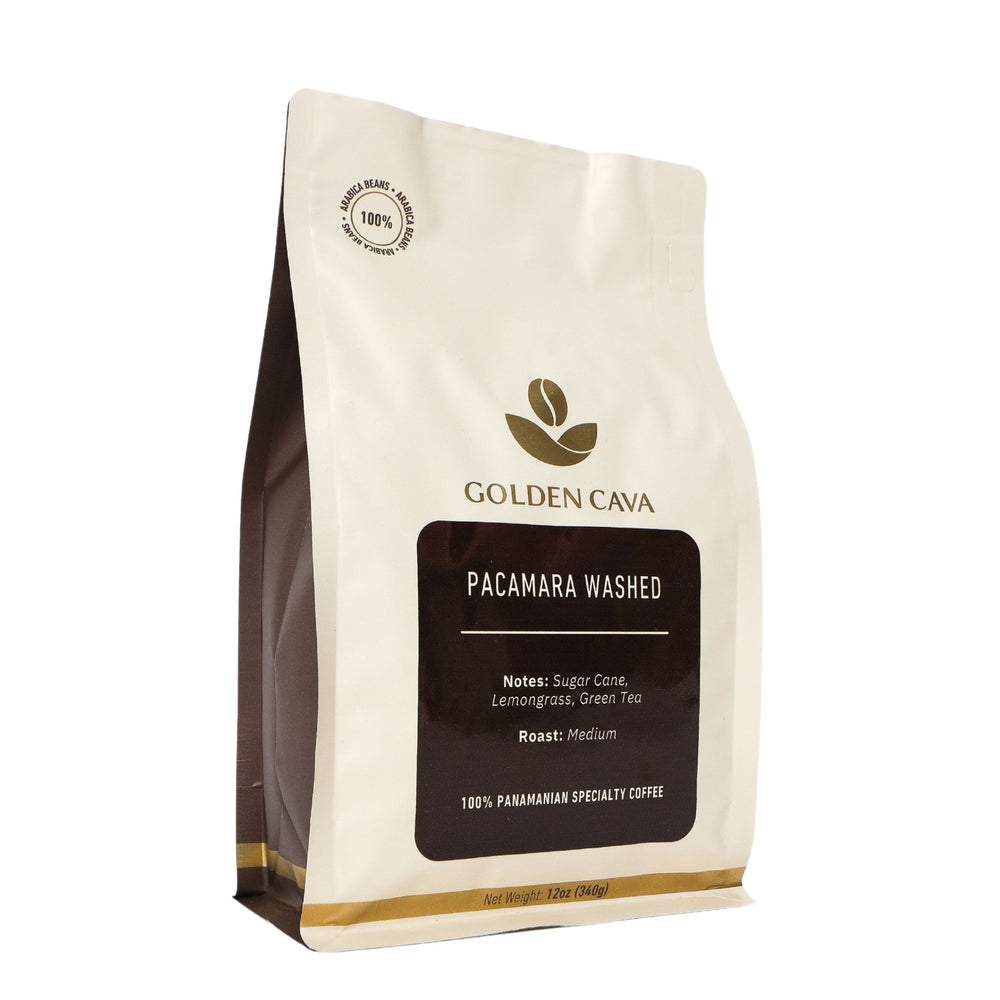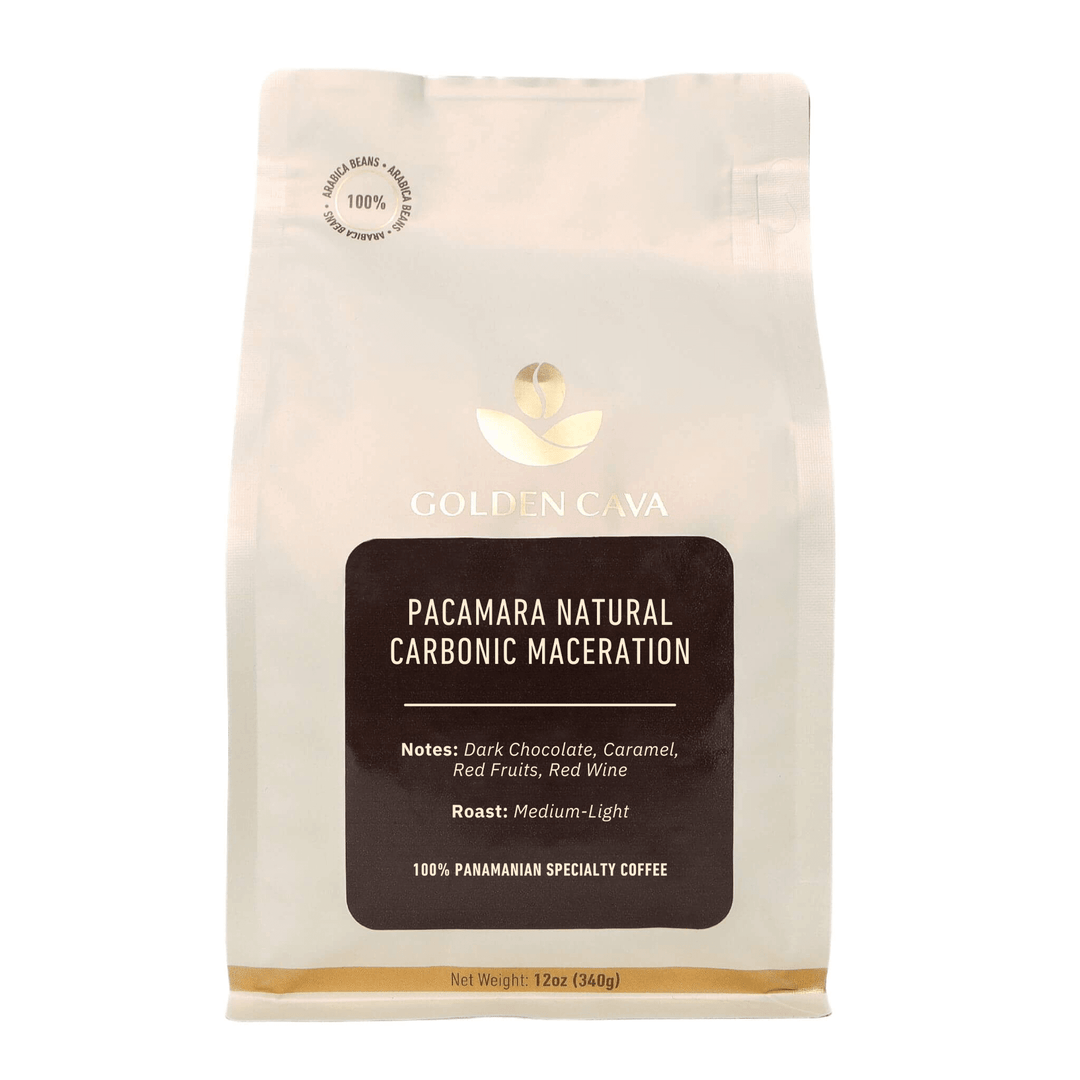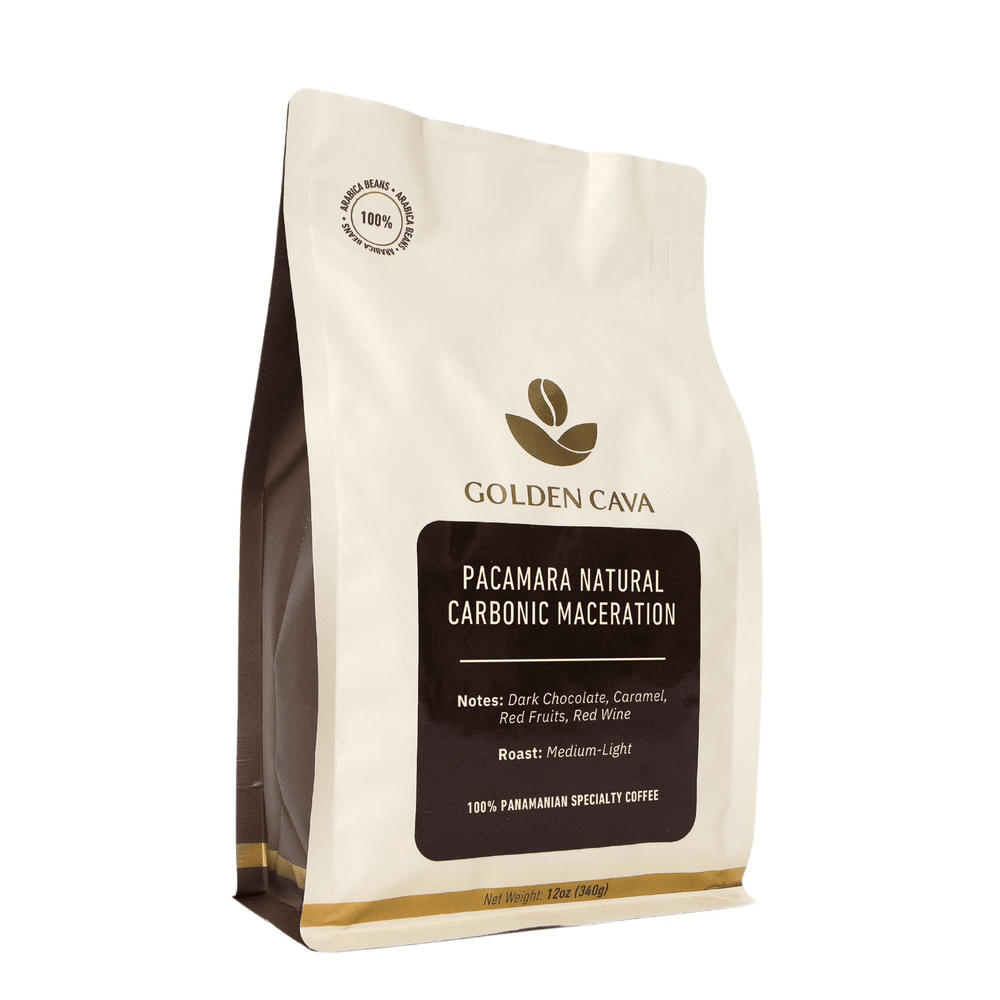Does Coffee Cause Gas and Bloating? Unraveling the Mystery
Does coffee cause gas and bloating?
This is an issue that may haunt you.
Indeed, the thought of giving up your morning brew due to digestive discomfort can be disheartening.
But before you ditch your cup of joe entirely, let's explore if coffee really does cause gas and bloating, or if other factors might be at play.
Table Of Contents:
- 1. Is Coffee the Culprit of Gas and Bloating?
- 2. How Does Coffee Affect Your Digestive System?
- 3. What Are the Alternatives to Coffee?
- 4. Tips for Reducing Gas and Bloating from Coffee
- 5. The Benefits of Drinking Quality Coffee
- FAQs in Relation to Does Coffee Cause Gas and Bloating
- Conclusion
1. Is Coffee the Culprit of Gas and Bloating?
If you're a person who regularly drinks coffee, you might have found yourself wondering if your morning cup is causing that uncomfortable bloating feeling.
You're not alone.
Many people experience bloating after consuming coffee, leading to an age-old question: does drinking coffee cause gas and bloating?
The Connection Between Coffee Consumption and Digestive Discomfort
Coffee beans contain natural substances like caffeine which can stimulate the digestive tract.
This stimulation often leads to increased gas production - a primary culprit behind those feelings of bloatiness post-java indulgence.
Lactose Intolerance And Its Role In The "Coffee Bloat"
An important factor many overlook when considering their 'coffee bloat' is lactose intolerance.
Lactose intolerance, characterized by difficulty digesting dairy products, affects millions worldwide.
With all these factors at play - from how we drink our coffee (black vs with creamer), what type we choose (regular vs decaf), even down to whether we consume on an empty stomach - it's clear there are multiple elements contributing towards any potential discomfort.
In essence? Yes. Drinking too much caffeinated beverage could potentially lead one into some unpleasant territory concerning digestion issues such as acid reflux or irritable bowel syndrome.
However....
It doesn't mean that everyone should stop enjoying their favorite brew altogether.
Stay tuned for the next section where will discuss how drinking java impacts your gut health.
2. How Does Coffee Affect Your Digestive System?
Have you ever thought about the consequences that your habitual coffee drinking might have on your digestion?
Coffee consumption can lead to various side effects like gas production and bloating.
The Science Behind the Bloat
Drinking coffee stimulates movement in your digestive tract. It's not just any cup of joe that does this - black coffee is particularly potent.
This increased activity can cause discomfort for some people, especially those with sensitive stomachs or conditions such as irritable bowel syndrome (IBS).
Lactose Intolerance and Coffee Bloat
A common reason why consuming coffee might make you feel bloated is lactose intolerance. Many folks enjoy their drink with milk which contains lactose - a sugar that some bodies struggle to digest.
Caffeine Content: Friend or Foe?
- Regularly drinking high-caffeine content beverages may contribute to an upset stomach due to excess caffeine intake. Studies show, however, it's not always the caffeine at fault but rather how quickly one consumes it.
- An empty stomach doesn't help either. Drinking strong java without eating anything beforehand often leads directly down Bloated Boulevard.
Constipation and even coronary heart disease.
You don't need to give up entirely on enjoying a good brew if experiencing bloating after sipping regular coffee. There are alternatives available.
For instance, if you're a regular coffee drinker experiencing bloating, consider other beverages to get your energy boost without upsetting your stomach.
Green tea, for instance, is an excellent alternative.
It has less caffeine content than black coffee and can still give that energy boost without upsetting your stomach. Studies have shown green tea also offers numerous health benefits including reducing risk of coronary heart disease.
Cold brew coffee, on the other hand, could be another choice if you want to stick with java but lessen digestive discomfort.
This type of brewing method reduces acid levels compared to regular coffee which may help those with sensitive stomachs or acid reflux issues.You'll get all the flavor minus excess gas production.
If lactose intolerance causes your bloat after drinking milk in your cuppa joe then consider switching up what you add into it. Non-dairy alternatives like almond or soy milk are worth trying out as they don't contain lactose that triggers bloating among people who are intolerant. These substitutes work well in both hot and cold beverages while providing additional nutrients too.
The Decaf Route: Decaffeinated Coffee & Herbal Teas:
In case excessive caffeine intake is causing havoc on your digestive tract try decaf versions instead - yes there's such thing as decaffeinated coffee. It provides similar taste sans most of its jittery side effects due its lower caffeine content making this a great option for individuals dealing with caffeine sensitivity.
Fancy something completely different? Why not herbal teas.
Packed full flavors from natural ingredients like chamomile, peppermint, ginger etc., these drinks offer soothing properties beneficial especially if one experiences constipation regularly along being devoid any trace elements which cause irritability within our system thus ensuring peaceful digestion process throughout day long. Several studies support their efficacy too..
We've just explored some fantastic alternatives perfect anyone wanting break away from traditional caffeinated beverage yet still enjoy invigorating start mornings off right way so why wait?Give them shot today see how body responds positively towards change.
Tips Reducing Gas Bloating From Drinking Java:
Looking for alternatives to coffee? Green tea and cold brew coffee are great options that provide energy without upsetting your stomach. If lactose intolerance is the issue, try almond or soy milk. Decaf coffee and herbal teas are also worth exploring.
4. Tips for Reducing Gas and Bloating from Coffee
No need to worry.
We've got some practical tips that could help reduce this digestive discomfort.
Avoid Drinking Coffee on an Empty Stomach
Sipping coffee with nothing in your tummy early on may appear to be a good plan, however it's not suggested if you have delicate stomachs.
Coffee consumption stimulates acid production which may lead to upset stomach when consumed without food. Studies show, having something in your belly before consuming coffee reduces chances of acidity issues and gas production.
Moderate Your Caffeine Intake
An excess caffeine intake often leads to increased bowel movements causing digestive tract irritation. Limiting your daily caffeine content may help avoid these problems. Try switching between decaf coffee and regular one throughout the day.
Say No To Dairy If You Are Lactose Intolerant
Lactose intolerance is another reason why people experience bloating after drinking milk-based coffees. You don't necessarily have to give up lattes; instead try using lactose-free alternatives such as almond or oat milk.
Incorporate Hydration Into Your Routine
The diuretic properties of caffeinated beverages can cause dehydration leading towards constipation hence increasing bloat. Make sure staying hydrated by sipping water alongside every cuppa joe.
Last but certainly not least, consider changing how you drink your brew. Cold brew coffee has been found less acidic than its hot counterpart - making it gentler on digestion system while still offering desired kick.
5. The Benefits of Drinking Quality Coffee
As a coffee enthusiast, you're likely aware that not all cups are created equal.
Quality matters immensely in the world of coffee consumption.
A Taste Worth Savoring
Premium coffee beans bring out rich flavors and aromas that elevate your drinking experience.
You'll find yourself savoring each sip rather than gulping down an average brew just for its caffeine content.
Natural Energy Boost without Excess Caffeine
If you're someone who regularly drinks coffee, switching to high-quality blends can offer a natural energy boost without loading up on excess caffeine. This reduces the risk of side effects like upset stomach or acid reflux caused by low-grade coffees.
Better Digestive Health with High-Quality Beans
Coffee made from top-tier beans is less acidic which means it's gentler on sensitive stomachs. You might even notice reduced digestive discomfort after making this switch.
Does coffee cause inflammation in the stomach?
Yes, coffee can stimulate gastric acid production which may lead to inflammation and discomfort in sensitive individuals.
Does decaf coffee cause bloating and gas?
Decaf coffee can still contribute to bloating and gas as it contains compounds that stimulate gastrin release, affecting digestion.
Can coffee cause burping and gas?
Coffee's acidic nature can trigger digestive issues like burping and gas, especially when consumed on an empty stomach.
Does coffee or milk make you gassy?
Both could potentially cause gassiness. Coffee stimulates gastric activity while lactose in milk might not be properly digested by some people leading to gas formation.
Conclusion
So, the secret's out!
Coffee can indeed cause gas and bloating for some people.
But remember, it's not all doom and gloom!
You have alternatives to enjoy your caffeine fix without discomfort.
Better yet, there are ways to minimize these unpleasant side effects while still enjoying your favorite brew.
The key lies in quality coffee like those offered by Golden Cava.
A specialty coffee e-commerce store that empowers better coffee experiences through freshness, sustainability, and most importantly - quality.
By choosing Golden Cava, you're not just treating yourself to an exceptional cup of joe; you're also embarking on a journey of taste discovery that is kinder on your digestive system.
Remember: Life's too short for bad coffee! So why wait? Start brewing a better cup today with .

